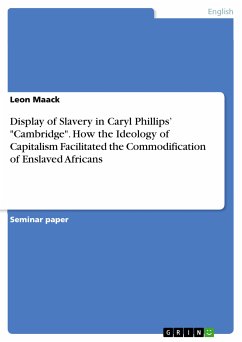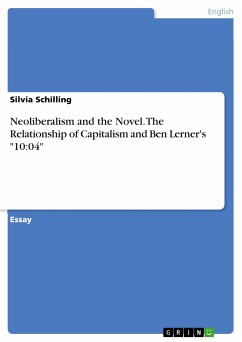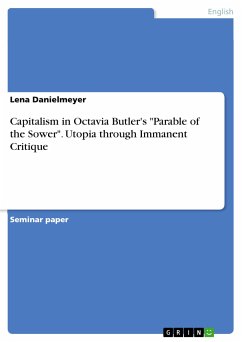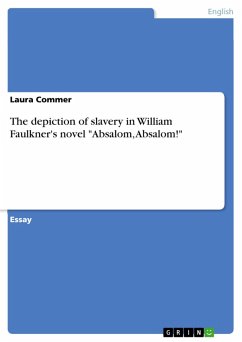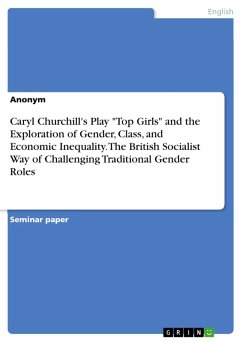Seminar paper from the year 2020 in the subject English Language and Literature Studies - Literature, Leuphana Universität Lüneburg (Kulturwissenschaft), course: Slavery and Anglo-American Literature from 1800 to the Present, language: English, abstract: The aim of this paper is to answer the following questions: What role did the emerging system of capitalism play in the dehumanizing and enslavement of people of African origin from the 16th century onward? What impact did its ideology have on the lives and thoughts of the main characters in Caryl Phillips' "Cambridge"? Caryl Phillips' 1991 novel "Cambridge" shines a light on the harsh realities of slave labour on plantations in the West-Indian colonies. The practice of slavery itself has not been historically new when the transatlantic slave trade took off in the 16th century. This enterprise, however, gave rise to slavery as an institution of unprecedented magnitudes and brutality and would later prove to have colossal ramifications for the African continent and its future development. An institution like that of slavery could not exist if it weren't for an ideology supporting it. The crucial aspect that ultimately distinguished this new kind of slavery from indigenous forms of servitude was capital. The mechanisms constituting this enterprise can be attributed to the rising cultural systems of capitalism and consumer culture, exploiting cheap labour to satisfy the demand for foreign goods such as sugar in European societies. Trading and exploiting African people came to be understood as a business venture, degrading human beings to a mere commodity and means of production, owned by businessmen such as the father of one of "Cambridge"'s main characters, Emily Cartwright. Her experiences and her thoughts on the enslaved people working on the unnamed Caribbean Island home to her father's estate give insight into the racist perception of black people in distant Europe. In contrast, the reader gets to see the cruelties of slavery through the eyes of the novel's namesake, Cambridge. Together, these completely distinct perspectives create a profound image of slavery as an institution, the capitalist forces behind it as well as the prejudices necessary to facilitate and maintain this atrocious enterprise.
Dieser Download kann aus rechtlichen Gründen nur mit Rechnungsadresse in A, B, BG, CY, CZ, D, DK, EW, E, FIN, F, GR, HR, H, IRL, I, LT, L, LR, M, NL, PL, P, R, S, SLO, SK ausgeliefert werden.

